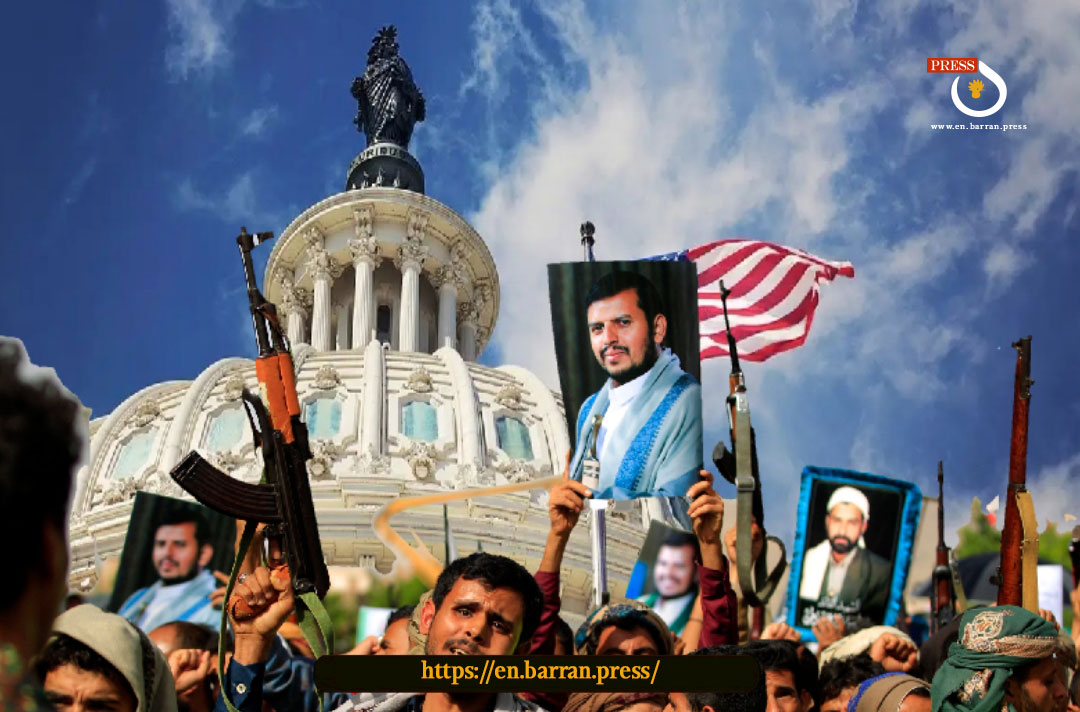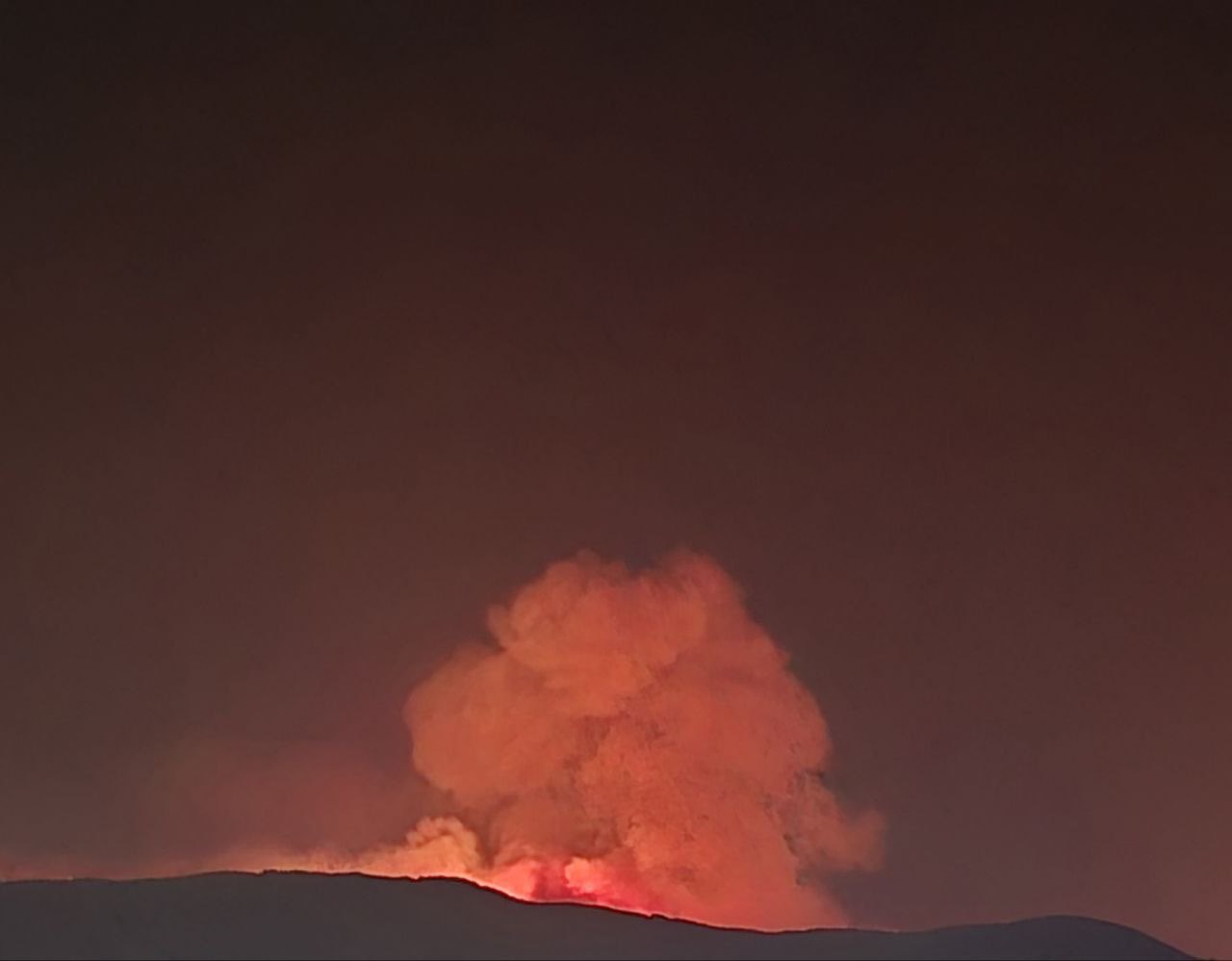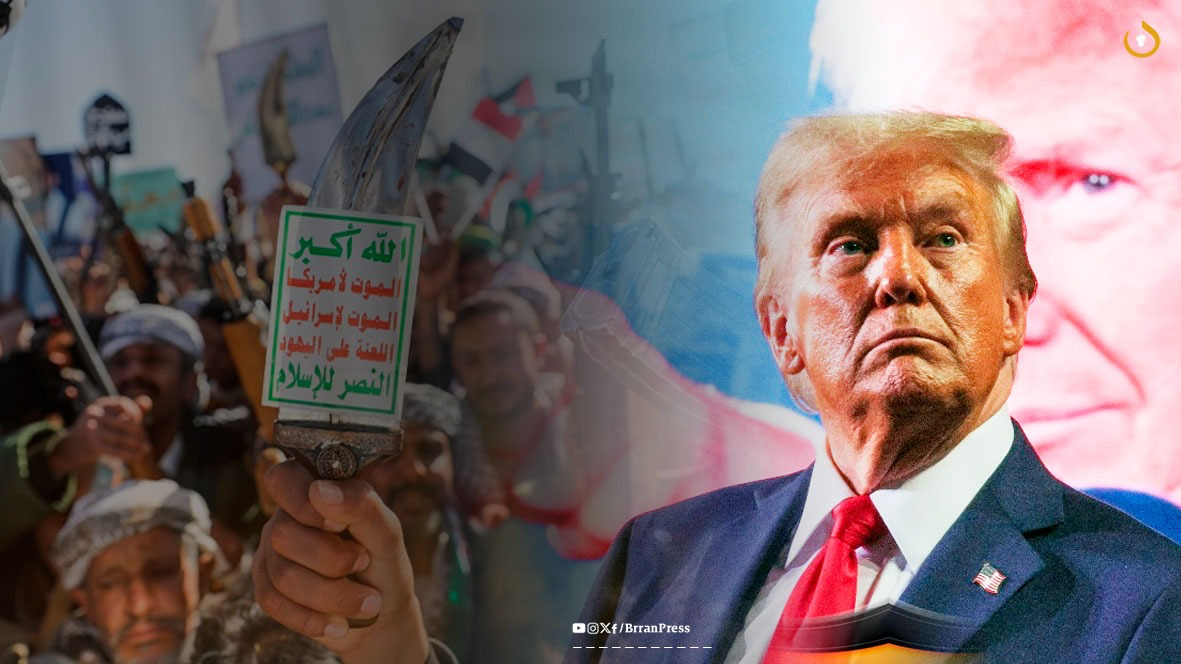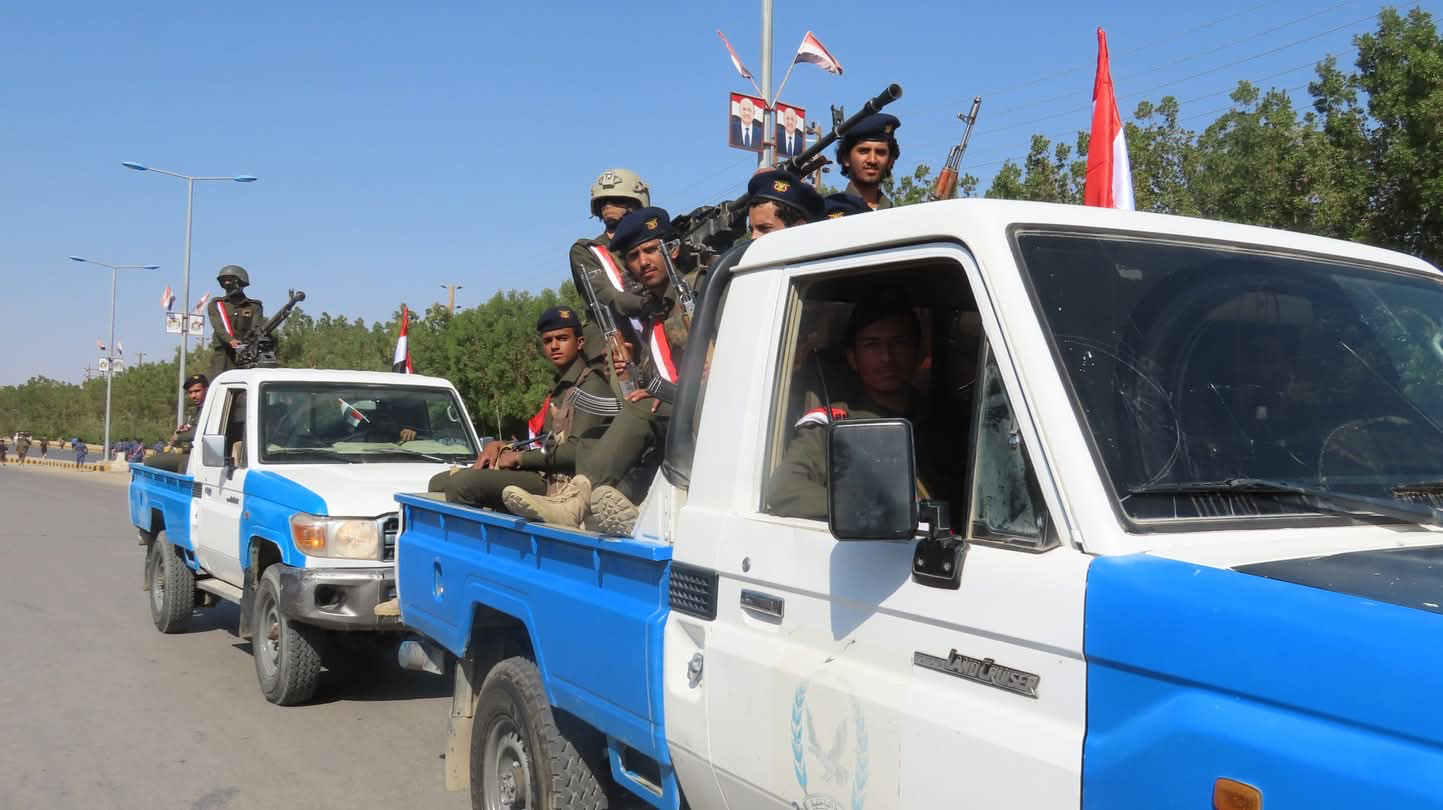
Barran Press
The Yemeni government welcomed the U.S. administration's recent sanctions on several individuals, entities, and exchange companies for their roles in "arms trafficking, money laundering, and illicit Iranian oil shipments for the Houthis," calling it a significant step towards enhancing regional and international security.
In a statement on Friday, December 20, 2024, Yemeni Minister of Information Moammar Al-Eryani expressed his approval of the U.S. sanctions on more than 12 individuals and entities involved in weapons smuggling networks. Al-Eryani described these entities as "dual-use and money laundering" operations, noting that they facilitate the sale of Iranian oil for the Houthis, including Hashim Al-Madani, who falsely claims to be the head of the Central Bank of Yemen in Sanaa.
Al-Eryani emphasized that the sanctions represent a crucial move towards bolstering regional and international security. He highlighted that the Houthi group, classified as a terrorist organization and an Iranian proxy, poses a significant threat not only to Yemen but to the entire region through its attacks on international shipping, global trade, and neighboring countries.
According to the Yemeni minister, the sanctions underscore the United States seriousness and credibility in combating terrorism, drying up its funding sources, and exerting real pressure on the Houthi group to abandon its destabilizing terrorist approach and engage seriously in efforts to end the war and establish peace.
Al-Eryani stressed the importance of "continuing and expanding these sanctions to include more individuals and entities linked to the Houthis, both domestically and internationally, and extending their scope to cover all financing and support networks that sustain this terrorist entity."
He stated, "The continued international silence regarding the Houthi militia's behavior, which threatens regional and international security, is no longer acceptable." He called for the U.S. sanctions on Houthi leaders and entities to be the beginning of a series of decisive measures through the imposition of sanctions.
Al-Eryani urged that the sanctions encompass the entire Houthi circle, from military and political leaders to the financial and media networks that promote the group's terrorist activities.
In conclusion, the Yemeni Minister of Information emphasized the need for the international community to unite against the Houthi militia, take deterrent actions against it, and work towards designating it as a "global terrorist organization."
He also called for the prosecution of Houthi leaders before international criminal courts for their crimes and violations against civilians and their terrorist activities, which he said "constitute a blatant violation of international laws, treaties, and conventions."
On Thursday, December 19, 2024, the U.S. Treasury Department (OFAC) announced sanctions on several individuals, entities, and exchange companies for their roles in "arms trafficking, money laundering, and illicit Iranian oil shipments for the Houthis."
According to a statement published on the U.S. Treasury's website, translated by "Barran Press," the individuals identified include "key smuggling operatives, arms dealers, and shipping and financial facilitators" who enabled the Houthis to acquire and transport a range of dual-use components and weapons, as well as generate revenue to support their destabilizing regional activities.
The U.S. sanctions targeted "five cryptocurrency wallets linked to Houthi financial official Saeed Al-Jamal, supported by the IRGC-QF, who operates under aliases such as 'Khrpi,' 'Ahmad Sa'idi,' and 'Hisham,' among others."
Among the senior Houthi financial officials targeted by the sanctions is "Hashim Ismail Ali Ahmed Al-Madani," the head of the Central Bank branch in Houthi-controlled Sanaa. Al-Madani is a key figure in the Houthi group, overseeing funds sent to the group by the IRGC-QF. He has collaborated with Houthi financial official Saeed Al-Jamal, supported by the IRGC-QF, to conduct business activities benefiting the Houthis, according to the decision.





